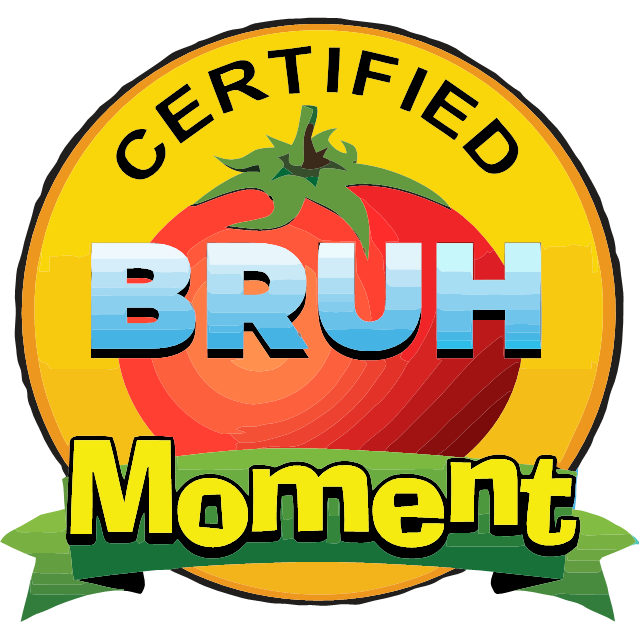Their preceding post
Imperialism doesn’t neccesarily mean conquest and wars. As a capitalist country they participate in the international global market, plus they’re aided by Russia and China which are imperialist countries, just as they were aided by the USSR before
https://xcancel.com/gathasparus/status/1969530645131972883
Socialism is anti-state
Read Lenin



While I think the subject is probably a bit more nuanced than Bland’s portrayal, I’m going to keep linking the same thing I always link because it has a relevant passage:
Though I would say that the bigger concern is probably that of bureaucrats controlling the means of production with, in the main, a joke of a puppet legislature standing where popular input should (the Supreme People’s Assembly). And there’s also the more traditional capitalists in the Special Economic Zone, but that’s more recent and only in part of the country.